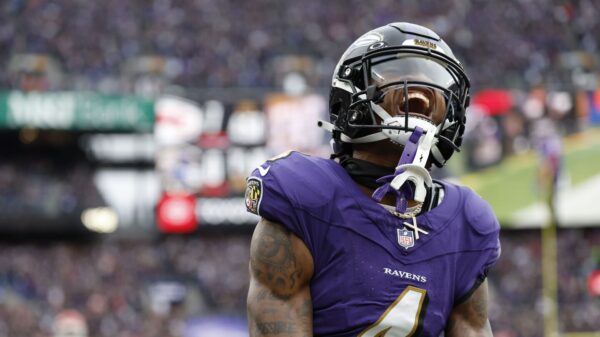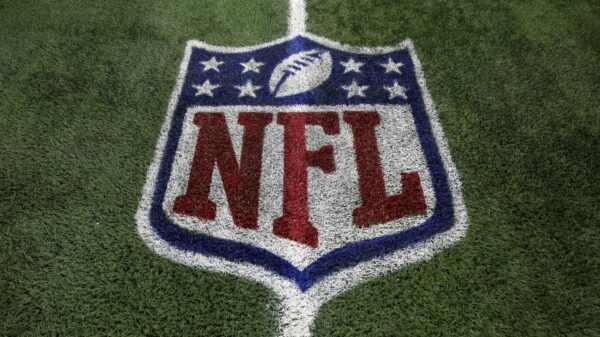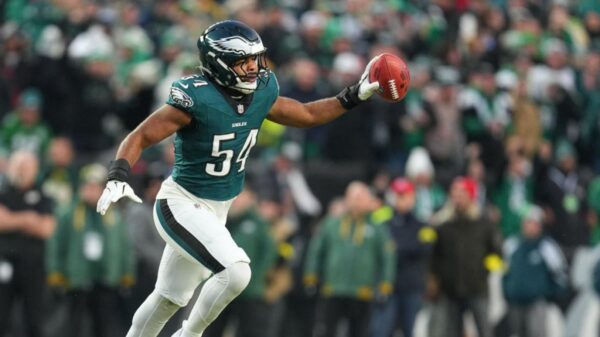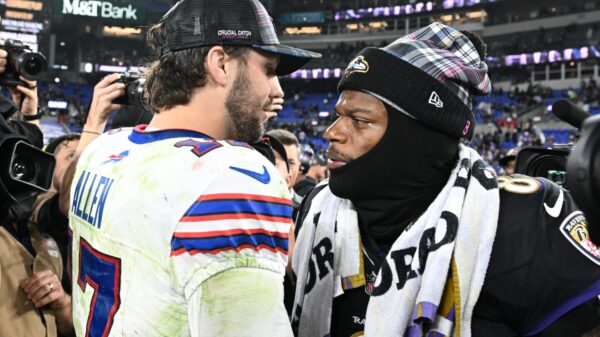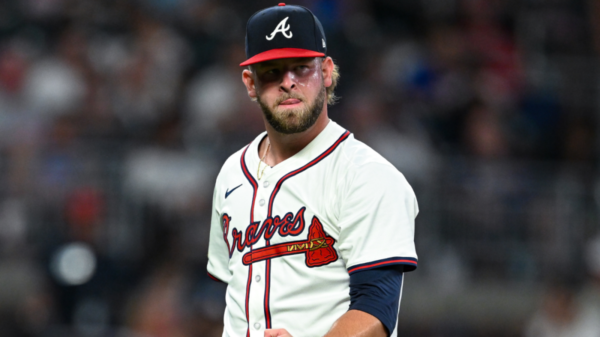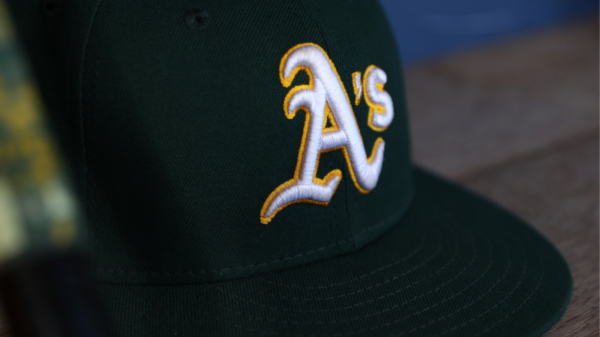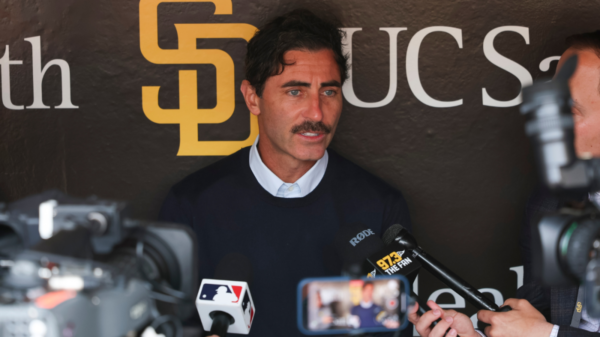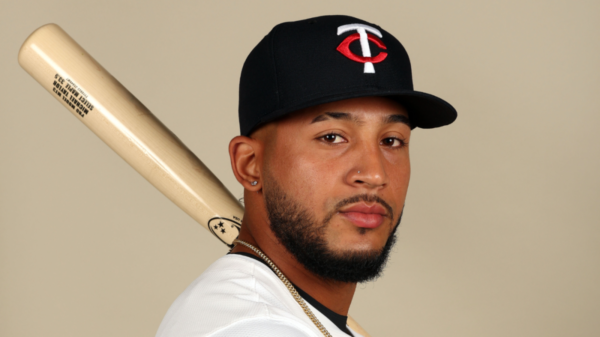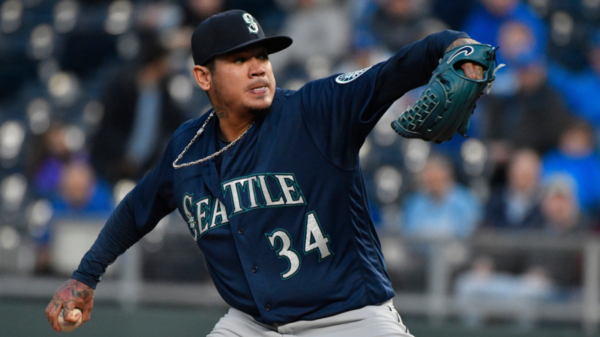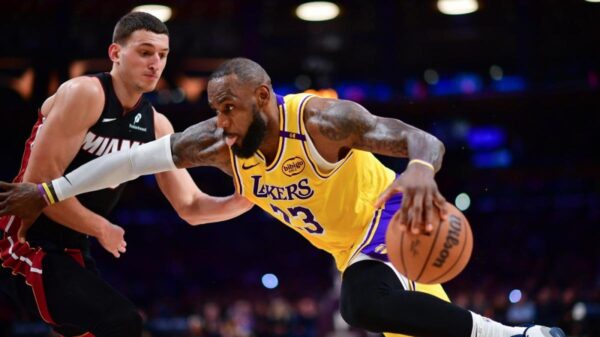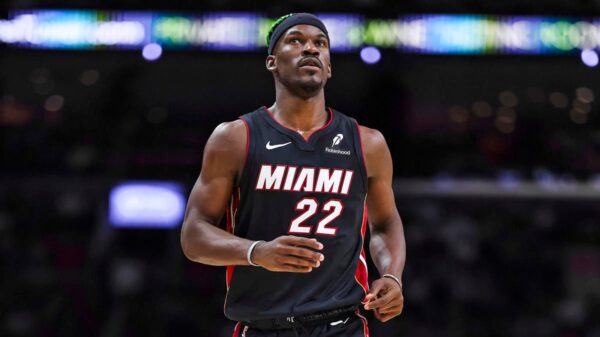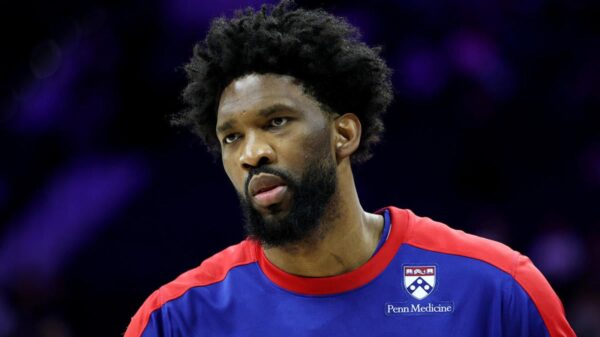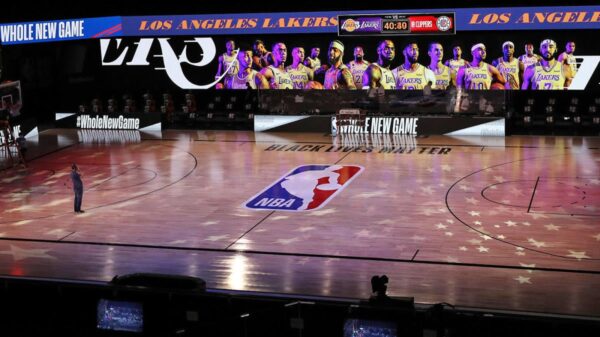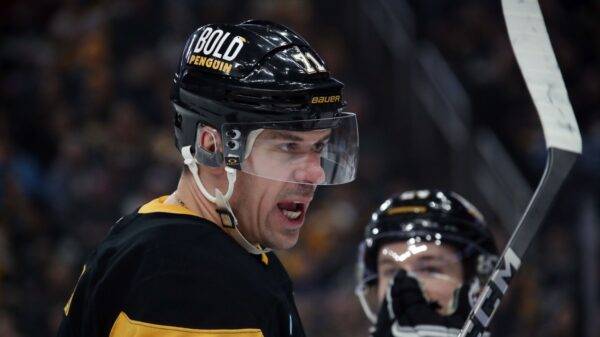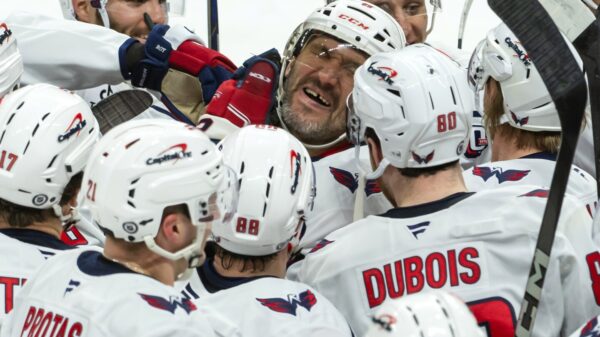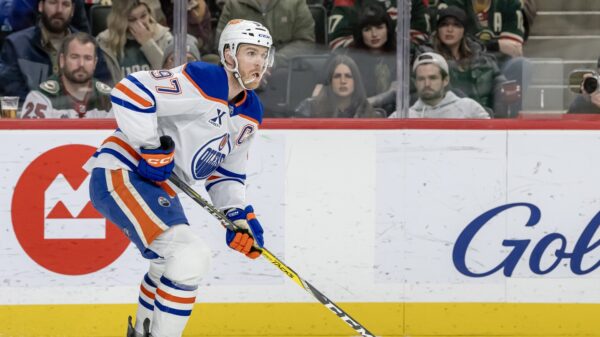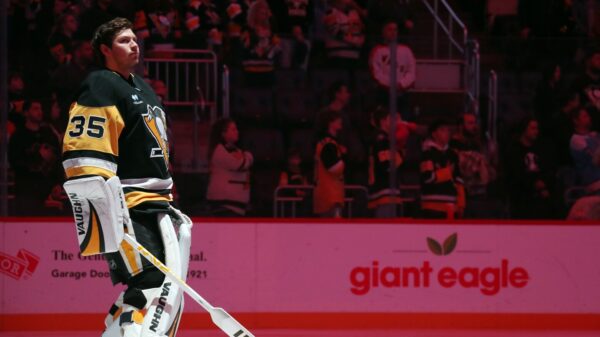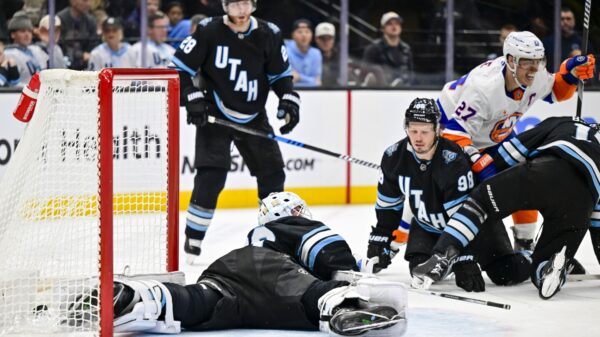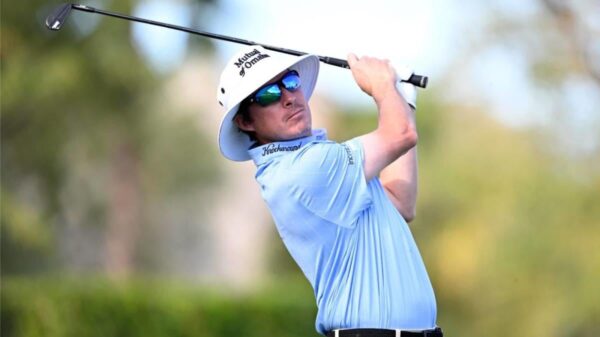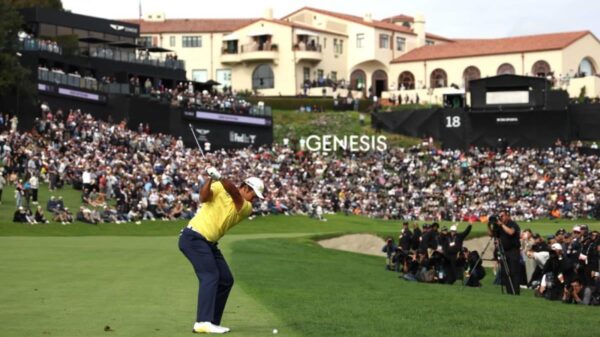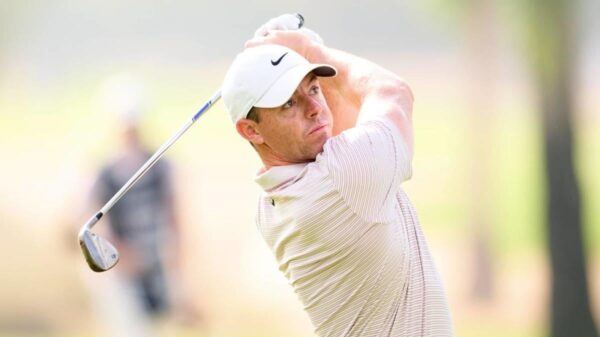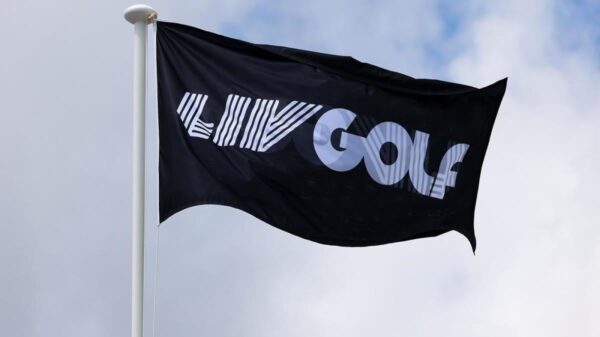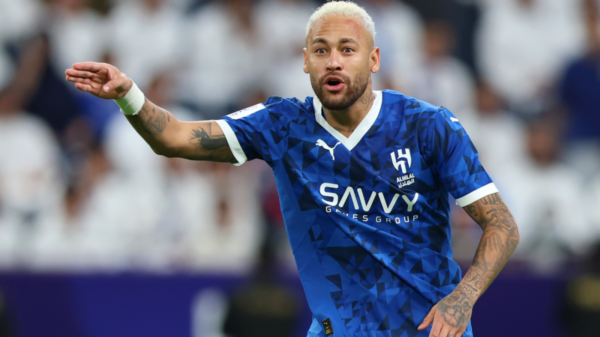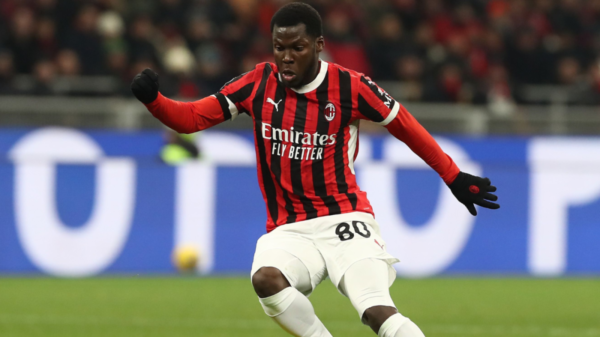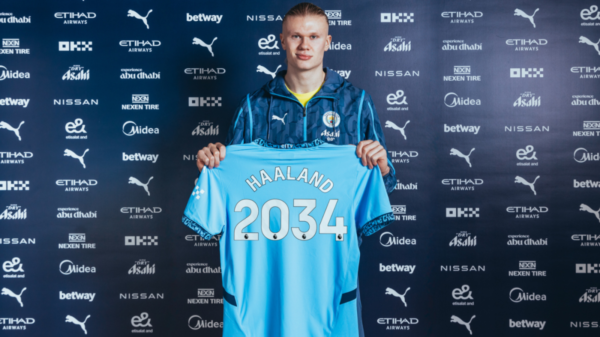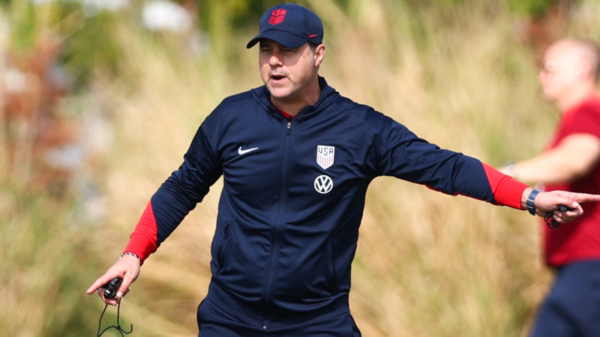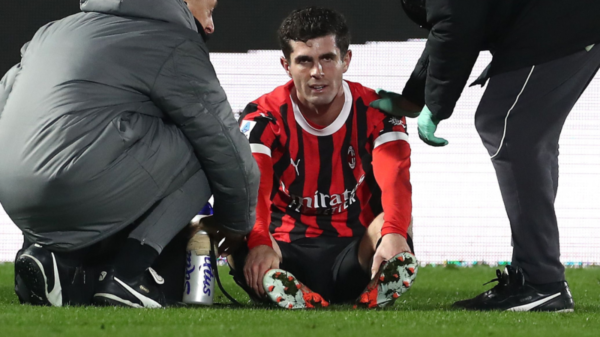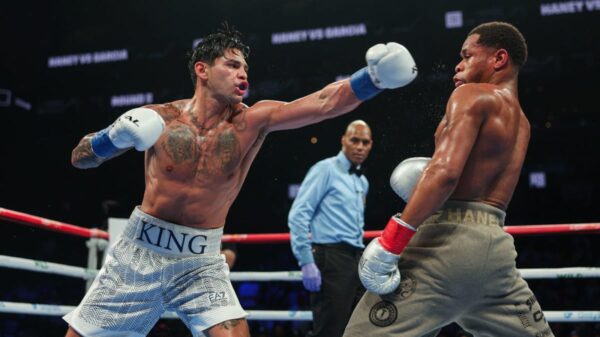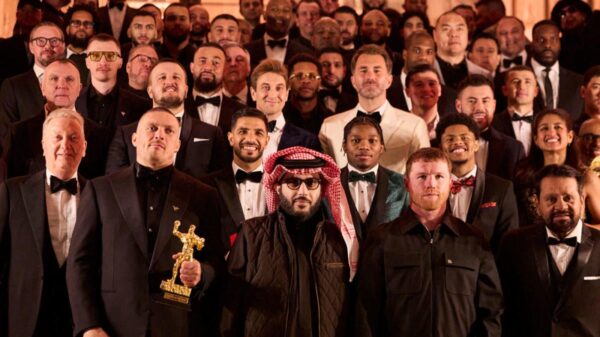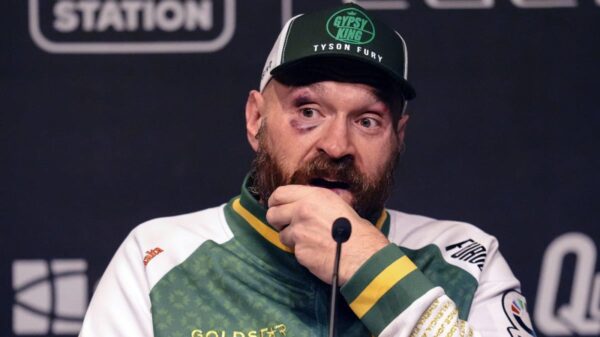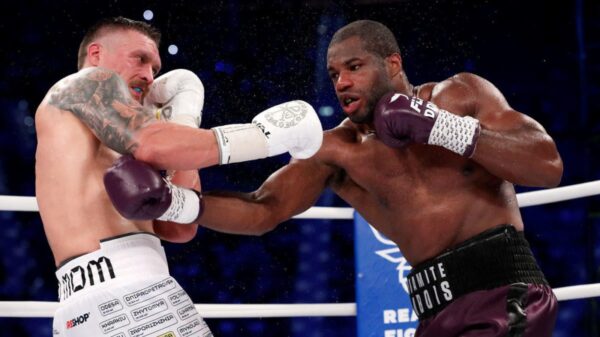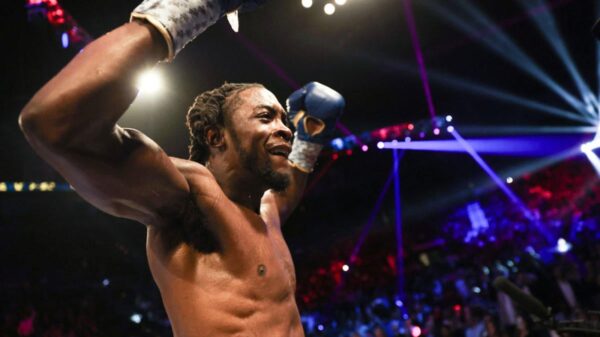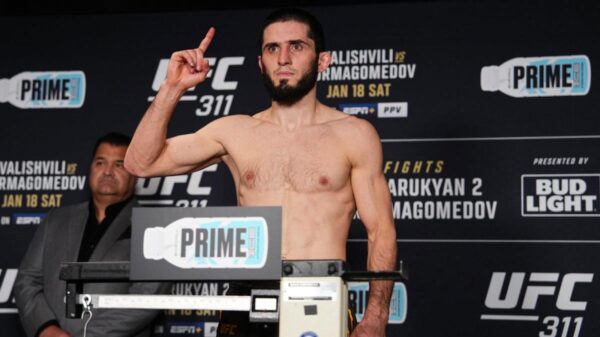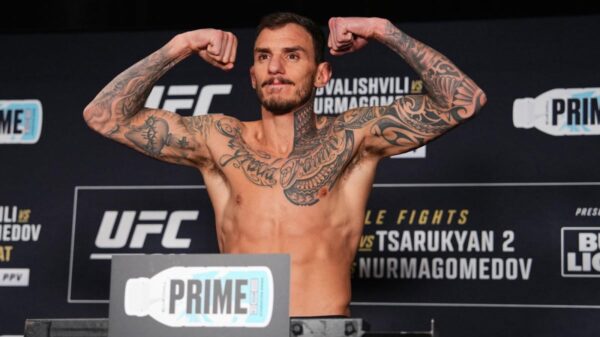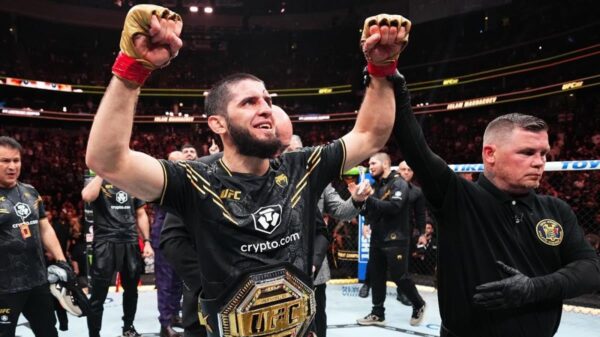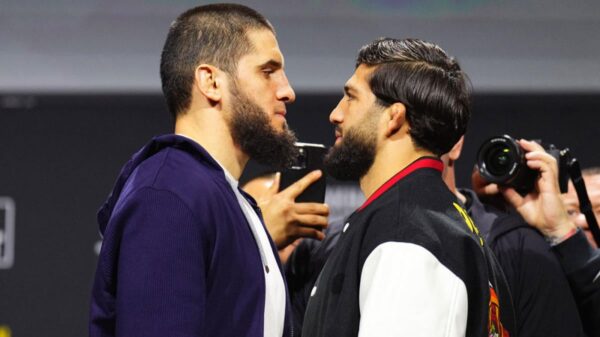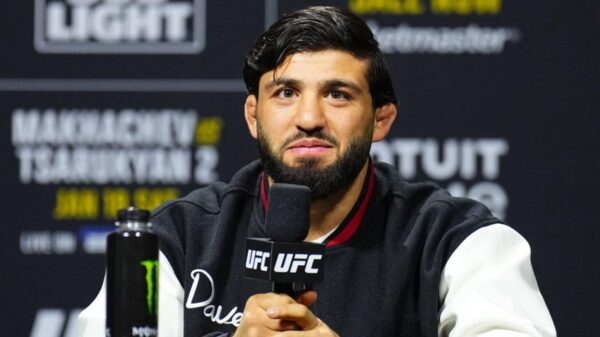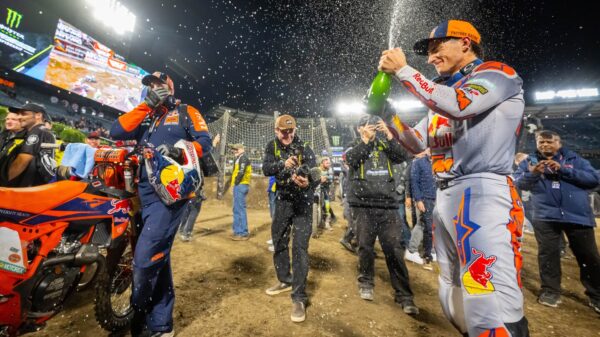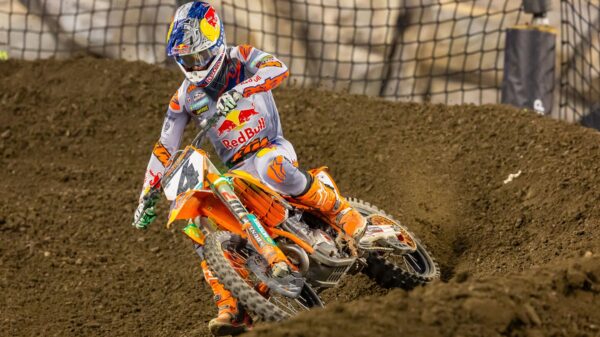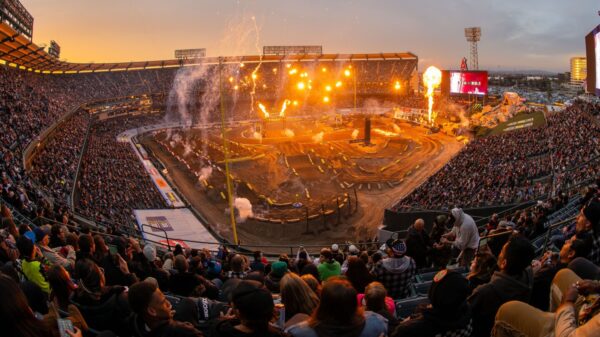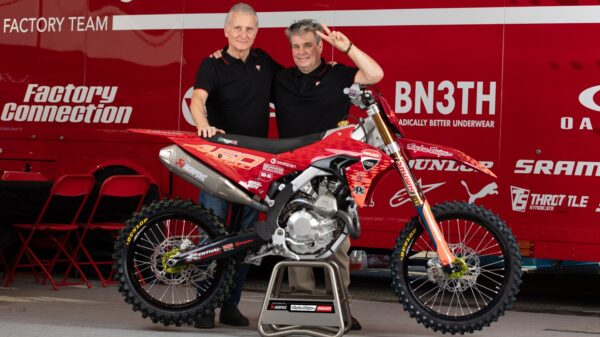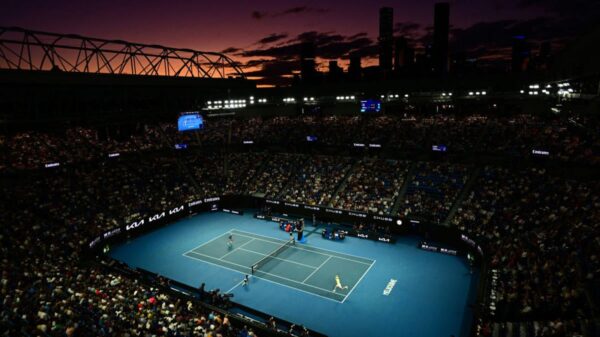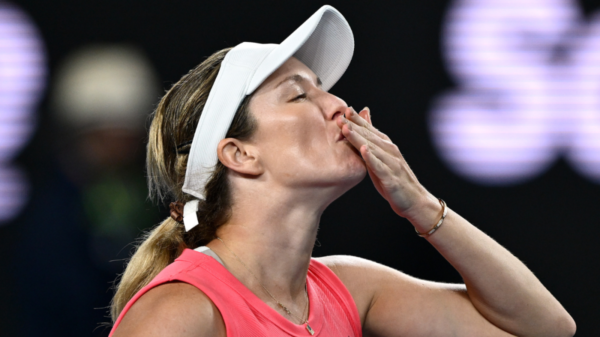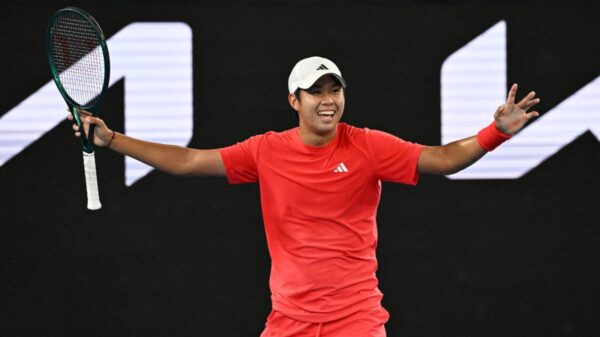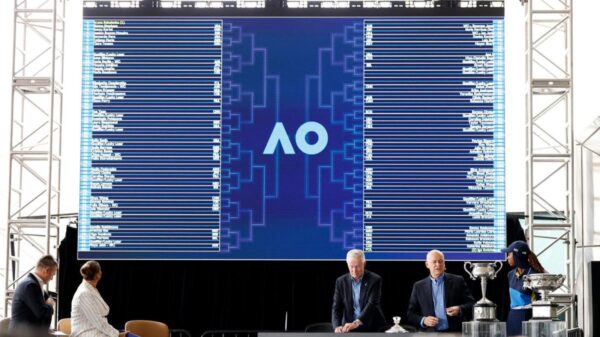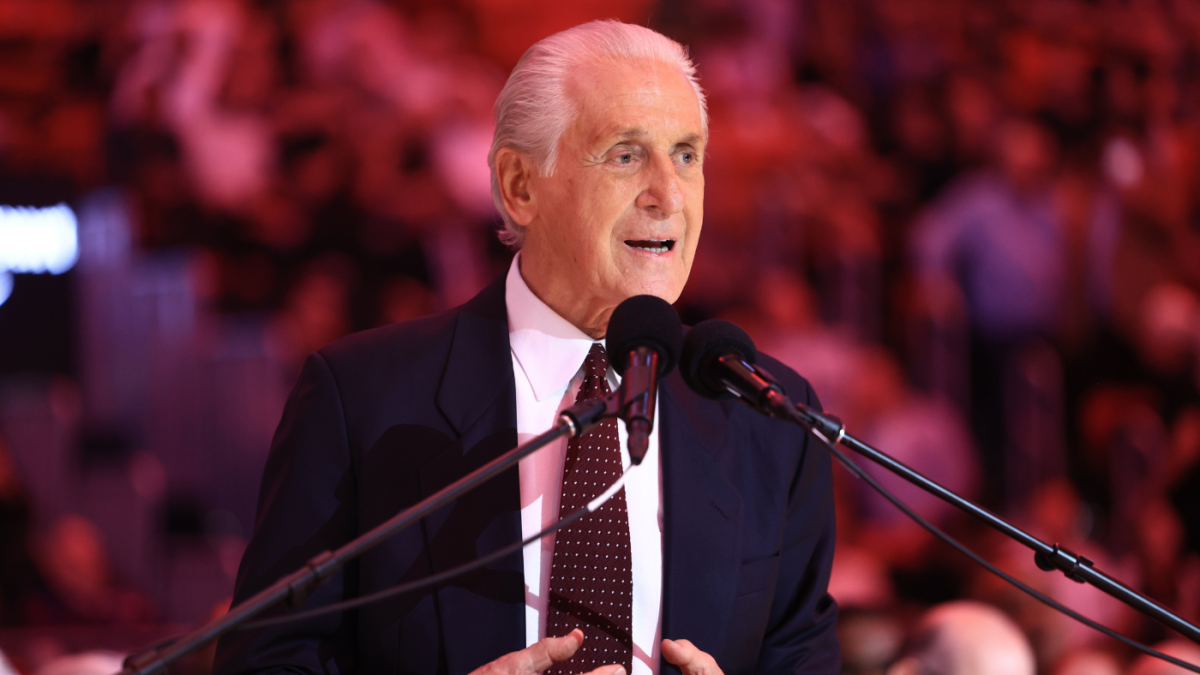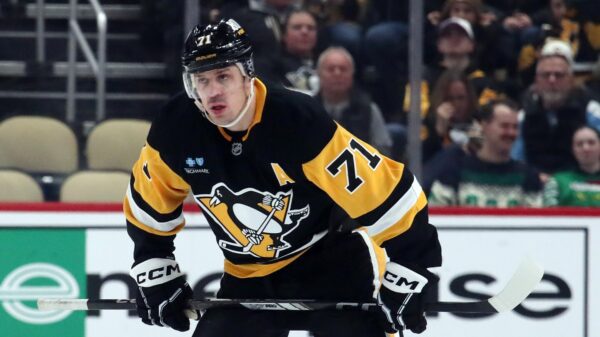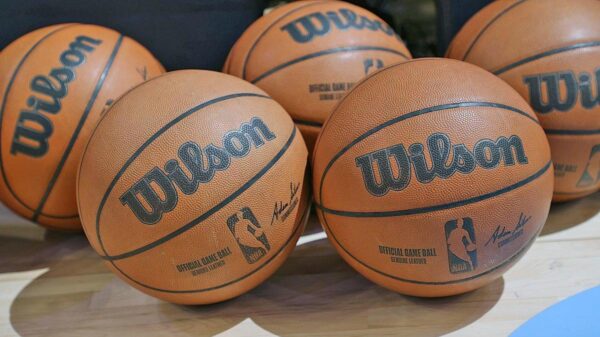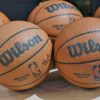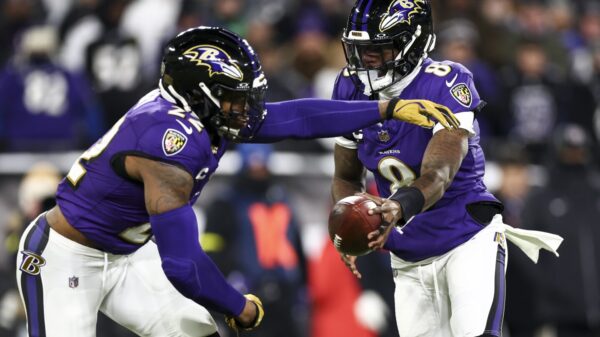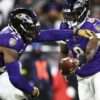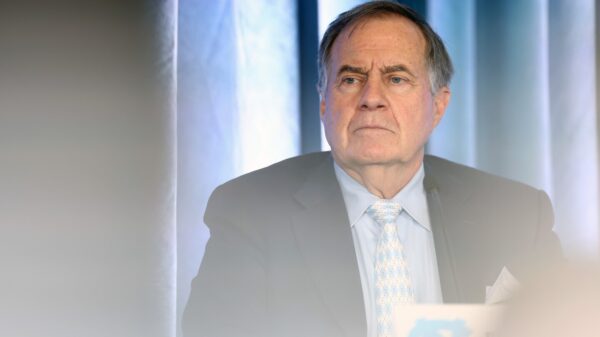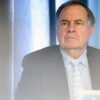If Pat Riley is going to successfully emerge from the mess he and his team find themselves in, the Miami Heat president will have to take the most difficult advice of his career: His own.
For at least the third time in just over a decade, the Heat’s leader — seen internally as part basketball-philosopher, part stone-cold winner, part unrivaled culture builder — finds himself crossways with his own team’s superstar.
In 2014, it was LeBron James. That time, with uncertainty of LeBron’s future hanging over the the league just before free agency kicked off, Riley talked pointedly at and about LeBron by saying people need to stick together “if you’ve got the guts,” as well as insisting you shouldn’t “find the first door and run out of it.”
LeBron left for Cleveland a few weeks later.
A few years later, in 2016, Dwyane Wade and Riley got sideways, and Wade suddenly saw Chicago as a place of greener pastures. This pattern of friction and upheaval stretches even further back, to 2008, when a near-fight at practice between Riley and Shaquille O’Neal eventually led to perhaps the greatest center of all time ending up with the Phoenix Suns.
And now here we are in 2025, stuck with Pat Riley déjà vu all over again.
This time the Great Man’s in a standoff, of course, with Jimmy Butler.
Butler’s seven-game suspension for “multiple instances of conduct detrimental to the team” ends on Friday. Its consequences may linger much longer.
Butler doesn’t have the contract extension he wanted last offseason, when many of these issues started. And the sense within the Heat organization has shifted in a couple weeks from a calm confidence that the Heat Way will prevail come what may to something truly rare there — a flummoxed uncertainty.
Butler may not be on that all-time NBA-players list like LeBron, Shaq or even Wade, but he’s still critical to Miami’s current plans. They are 12-10 with him this season and 8-9 during his absences, including 3-4 during this suspension, but the strain has been clearer and deeper than their record with and without him.
Miami’s offensive rating, 11th best in the NBA before his suspension, has plummeted to 27th during his seven games away, while the defense has been largely static. And the internal drama has been a clear-cut distraction for a Heat team convinced they can, and must, try to contend this year.
Riley is a stubborn, impressive man. It is, always, his way or the highway. Take it to Cleveland, or to Chicago, or to Phoenix, but the history of Riley is that if you don’t do it his way, you’re doing it somewhere else.
“LeBron James only stayed four years,” Wade explained this week on “The Why with Dwyane Wade” podcast. “It wasn’t ran the way LeBron James wanted it to be run. It wasn’t ran the way Dwyane Wade [wanted]. It’s ran the way Pat Riley’s gonna run it and the way [Heat owner] Micky Arison runs it.”
This is where Riley needs to hear some hard truths from … himself.
The man behind the astute understanding of “The Disease of More” needs to remember his own teachings. Maybe even read his own book, “Showtime: Inside the Lakers’ Breakthrough Season,” where he laid all of this out.
The idea, fresh from Riley’s indisputable genius, is that success, wealth, acclaim, praise and power can erode the very habits that helped you achieve those things in the first place.
In Riley’s explanation, perspective can slip away and selfishness and ego can creep where they shouldn’t be. The need for self-fulfillment — thinks shots, or praise, or recognition — starts to drive a wedge between the individual and the group, and even the individual’s obvious gifts and what that person needs to do to properly utilize them.
Sound familiar?
Butler surely isn’t blameless here, but there’s been, in years past, a sense that Riley’s pride — all that “more” he’s accumulated through years of greatness, and the disease he claims that follows — has gotten in the way.
Many in the league say the Heat would have Damian Lillard right now if Riley’s approach with Portland Trail Blazers GM Joe Cronin had been softer, gentler — finesse, say, over intractability.
Kind of like how Riley probably should have managed Butler, and, before him, guys like Shaq, Wade, and most of all LeBron.
There are many greats who can fall victim to The Disease Of More, and the latest appears to be Pat Riley himself. Slowly. Year by year. Star by star.
Where is the urgency to win now? Where is the understanding head coach Erik Spoelstra, probably the game’s best, still needs talent to rival other ascending clubs? Where’s the ability to recognize that, since LeBron left and Miami’s Big Three became no more, Miami hasn’t looked like a consistent championship contender, the team’s two Finals appearances notwithstanding?
When LeBron left Riley and the Heat all those years ago, he succeeded without them in every way imaginable. That created a lingering grievance from his former protectors. It also ushered in an era of true player empowerment, a world where managing stars who can, and often do, treat contracts like suggestions is just part of the reality and business of professional basketball.
Perhaps Riley has refused to acknowledge this fact and manage its consequences because it’s not the way he did it when he was building his own resume and trophy case. Perhaps the lingering resentment toward LeBron and LeBron’s exit more than a decade ago has made Riley unwilling or unable to accept what LeBron wrought.
Perhaps everything Riley has done, earned and accomplished has meant his ego, his need for power, his belief his approach can’t be changed because it’s about him — all the little ways The Disease Of More can sneak up on the profoundly successful — have taken hold.
Why a Jimmy Butler and Pat Riley divorce always felt inevitable as two stubborn winners clash in Miami
Bill Reiter
Whatever the reason, Butler is right about one thing. In recent years, the Heat have not been as aggressive as teams like the defending-champion Boston Celtics, the feverishly ambitious New York Knicks or the rising-Western-power Oklahoma City Thunder, to name just a few.
While they built, the Heat stood pat. And Butler’s frustrations boiled.
That stubbornness has kept Miami ensconced in regular-season mediocrity, often lifted by a remarkable coach and that tremendously impressive Heat Way culture that Riley built. But, right now, they lack the firepower they need to be true contenders.
Butler knows it. But Riley seems not to, or not to care.
The Heat Way only works if it leads to a way forward, and there’s a stark irony here in this Butler debacle for the man who based his philosophy of continued greatness on the dangers of falling prey to your past successes.
Yes, Butler is no angel and no sure thing. He’s 35 years old. He has worn out his welcome before. He’s injury prone. The fact he missed last year’s playoffs, and then said the Heat would have beaten the Celtics in that opening-round series had he been healthy, started some of this drama between the star and Riley.
Riley, so focused on what he’s already done has lost sight of what needs to be done right now.
Three conference championship appearances in five years, and two Finals berths, were never supposed to be proof things are working in Miami. They should be proof they need to do more.
Times change. The world evolves whether you evolve with it or not. Trophy cases can collect dust — but still convince those who earned them their way is the only way. And The Disease Of More, long building, can infect even those smart enough to have coined the phrase in the first place.
The Jimmy Butler saga may have gone too far for that relationship to be salvaged, and he may indeed need to be shipped out.
And so, yet again, that highway beckons for a star who got sideways with Riley.
But in an effort to avoid this happening again, and to modernize in whatever way he must to get the Heat back to where they belong, the Great Man might also want to focus on another bit of wisdom:
Physician, heal thyself.
Read the full article here

